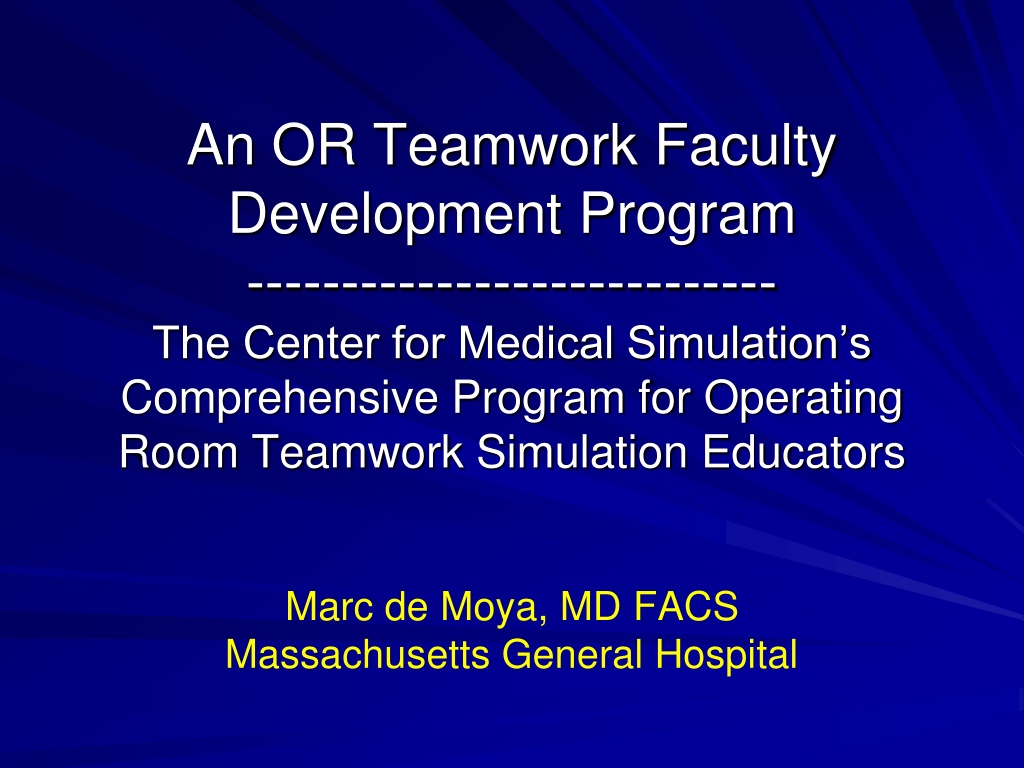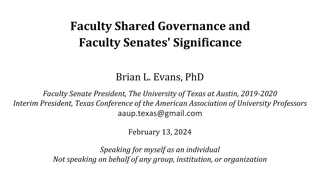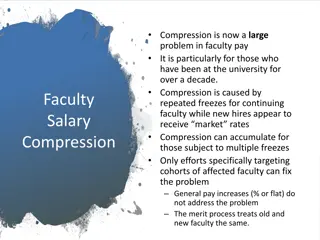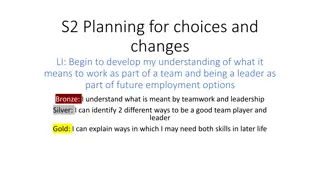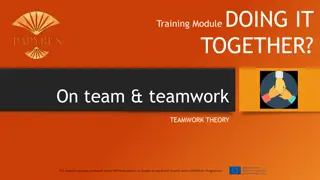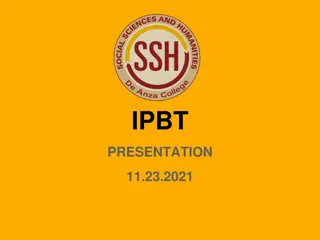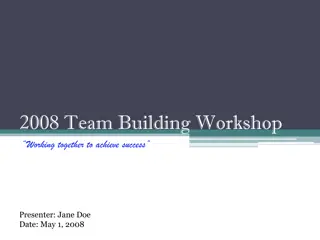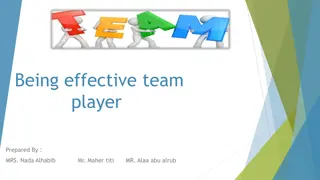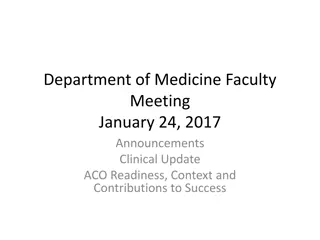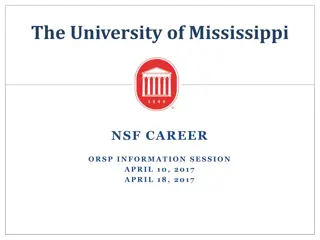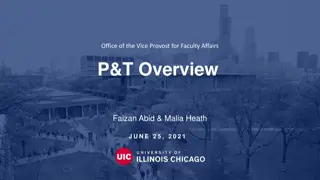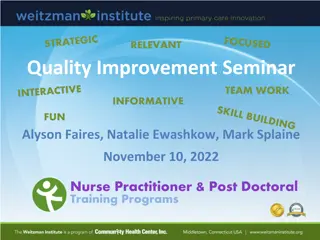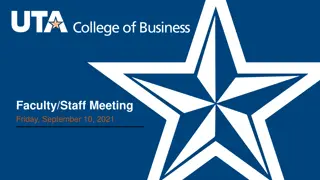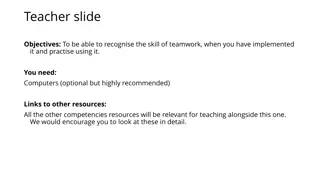OR Teamwork Faculty Development Program
Center for Medical Simulation's program focuses on improving teamwork in operating rooms to enhance patient safety. The initiative aims to train interprofessional teams using simulation as a medium, positively influencing the OR's working culture. Supported by an insurance incentive from Harvard CRICO, the program includes instructor development based on the Institute for Medical Simulation's design. Educators and participants learn to advance simulation, teach teamwork concepts, and conduct debriefs. Surgeons, anesthesiologists, nurses, and simulation educators collaborate in teams, developing, conducting, and debriefing training courses."
Download Presentation

Please find below an Image/Link to download the presentation.
The content on the website is provided AS IS for your information and personal use only. It may not be sold, licensed, or shared on other websites without obtaining consent from the author.If you encounter any issues during the download, it is possible that the publisher has removed the file from their server.
You are allowed to download the files provided on this website for personal or commercial use, subject to the condition that they are used lawfully. All files are the property of their respective owners.
The content on the website is provided AS IS for your information and personal use only. It may not be sold, licensed, or shared on other websites without obtaining consent from the author.
E N D
Presentation Transcript
An OR Teamwork Faculty Development Program ---------------------------- The Center for Medical Simulation s Comprehensive Program for Operating Room Teamwork Simulation Educators Marc de Moya, MD FACS Massachusetts General Hospital
Program Objectives Develop Interprofessional Education teams to use simulation as a training medium for OR teamwork Positively effect the quality of the working and safety culture within the OR
Rationale Teamwork improvement in OR is critical element for patient safety and quality Simulation is a motivating training vehicle Since teams are training together, instructors need to be a team, too
Insurance incentive Harvard captive malpractice insurer (CRICO) established incentive for surgeons who participate in simulation teamwork course program with anesthesiologist(s) and nurses CRICO recognized need for well-trained simulation/teamwork instructors Funded CMS to lead course development, initial instructor training
Instructor Program Development Based on Institute for Medical Simulation (the instructor training arm of the Center for Medical Simulation) Design Team: 10 educators, surgeons, anesthesiologists, nurses December 2012: 4-day Pilot Program April 2013: Spaced learning day for coaching
Educator Program Objectives Participants will learn to: Advance simulation within their institution Teach teamwork and communication concepts Debrief simulated cases and real clinical events Develop, conduct, and debrief realistic scenarios relevant to operating room teams
Course Participants Instructor Teams from 3-5 hospitals: Surgeon, Anesthesiologist, Nurse, Simulation Educator Instructor Teams will develop, conduct and debrief courses in their institutions Chosen instructors should: Be interested in using simulation to teach clinical, teamwork and communication skills Have schedules & incentives to accomplish this
THE COURSE Experiential: Using simulation to Teach simulation Debriefing is key
Course Overview Practical exercises and feedback Modules include: Debriefing theory and practice Simulation for procedure training Crisis resource management Scenario development and practice
Lessons Learned from Pilot Instructor team requirement: surgeon, anesth, RN worked well Need more careful selection of instructor teams Prepare teams prior to arrival Support from leadership essential: protected time, access to sim and debriefing facilities and support staff
Participant Reactions Course evals: positive but not glowing Days were too long Disliked weekend course days Learned new, more effective teaching techniques Debriefing skills were appreciated Enjoyed being active in simulations
Team Progress Team 1: hospital na ve to simulation, now enthusiastic, motivated, developing cases Team 2: hospital with sim ctr, planning OR Teams Program to facilitate culture change Team 3: hospital experienced with OR Teams simulation, advanced their debriefing skills and preparing to implement their program
